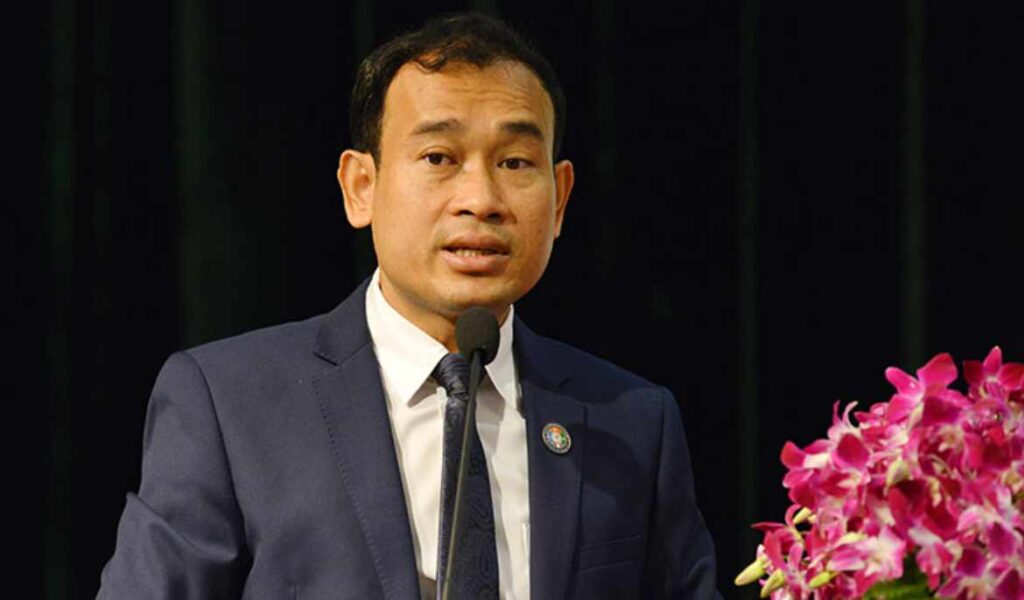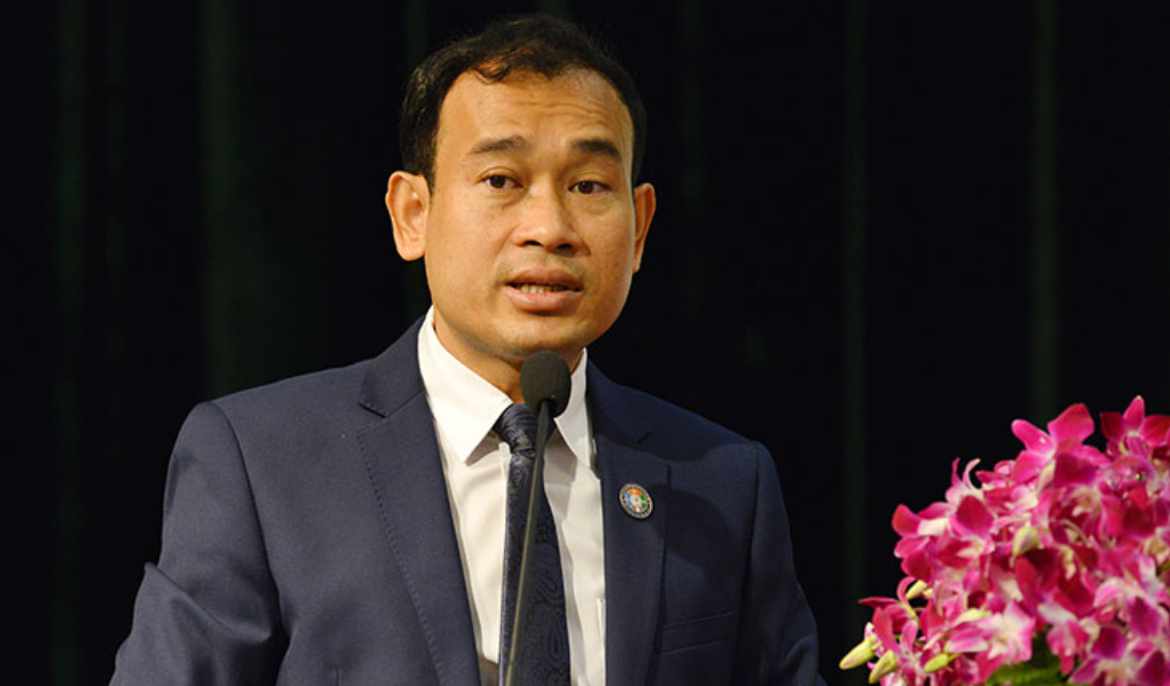Synopsis: Ministry of Industry, Science, Technology and Innovation introduces standardised evaluation framework aimed at boosting Cambodia’s science, technology, and innovation capacity.
In a bold step towards transforming Cambodia into a knowledge-based economy, the Ministry of Industry, Science, Technology and Innovation has unveiled a standardised evaluation framework designed to measure and enhance the country’s science, technology, and innovation (STI) capacity.
Launched on Tuesday at a national workshop supported by Asian Development Bank, the new criteria aim to guide institutions across sectors in aligning with the government’s development goals and improving Cambodia’s global innovation standing.
The workshop was held to raise awareness among stakeholders in government, academia, and the private sector of the new standardised evaluation framework that will play a crucial role in promoting sustainable development in line with national priority directions.
In his welcoming remarks, Try Sophal, Director General of the General Department of Science, Technology and Innovation, presented the main objective of establishing the new framework.
“The STI Evaluation Criteria were initiated to serve as a reference for public and private institutions in creating their own guidelines for evaluating STI attributes and to strengthen themselves to become high-level or improved STI institutions—promoting decision-making, stable implementation, and fostering cooperation among key stakeholders such as government, academia, and industry.”
Hul Seingheng, Under Secretary of State at the Ministry of Industry, Science, Technology and Innovation, said the evaluation framework directly responds to the Royal Government’s Pentagonal Strategy – Phase I, which identifies technology as a key priority sector.
“The STI Evaluation Criteria were initiated with the objective of defining a fundamental, objective framework suitable for Cambodia’s context, which can be used to evaluate the attributes and strengthen the STI capacity of institutions at all levels for further improvement.” he said.
Seingheng added that effective STI evaluation will be a potent driving force to support national development planning.
“This evaluation will provide important, evidence-based insights for leaders at all levels to use as a compass for decision-making—aiming to enhance national prestige by improving Cambodia’s ranking in the Global Innovation Index,” he said.
These criteria are expected to become a key tool for measuring and evaluating the implementation of STI-related projects, policies, and initiatives, ensuring the efficient and transparent use of resources. The framework will assist all institutions in identifying their strengths and weaknesses to make improvements and build further capacity. The aim is to transform Cambodia into a knowledge-based economy and achieve its 2050 vision.
The workshop brought together 120 participants representing government agencies, universities, associations, and local and international businesses to share experiences and identify challenges in implementing the criteria, as well as to strengthen partnerships and share best practices for future STI evaluations.



